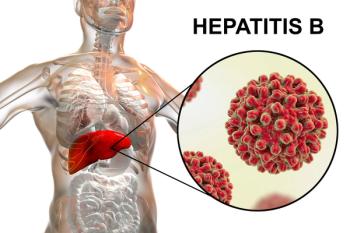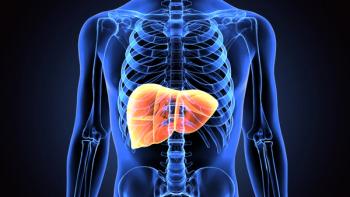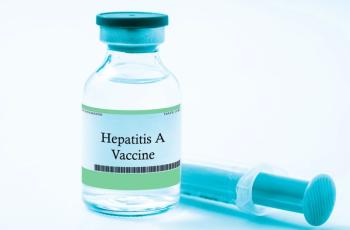
Study Highlights Role of IL-31 and Itching in Chronic Liver Disease
New results demonstrate seladelpar can reduce alkaline phosphatase and itching in patients with primary biliary cholangitis, a chronic liver disease.
Patients with primary biliary cholangitis, a chronic liver disease, were found to have high levels of interleukin-31 (IL-31), a cytokine believed to be involved in skin inflammation. Treating these patients with seladelpar led to reductions in IL-31 and the itching associated with primary biliary cholangitis, according to a
Primary biliary cholangitis (PBC) is a
Current
Seladelpar is a first-in-class oral, selective peroxisome proliferator-activated receptor (PPAR) delta agonist, or delpar. Preclinical and clinical data support its ability to regulate genes involved in bile acid synthesis, inflammation, fibrosis and lipid metabolism, storage, and transport.
“We know that severe itch is a debilitating symptom experienced by many people living with PBC,” Charles McWherter, Ph.D., CSO and president of research & development at CymaBay Therapeutics, told Managed Healthcare Executive. “Before this study, there has been limited understanding of the underlying pathology of itch in these patients.”
He said the findings presented at ACG suggest a correlation between the company’s seladelpar, IL-31 levels, and patient-reported itch. The presentation comes a day after the FDA has granted seladelpar an
“These results, and others we presented at the meeting, suggest patients with any level of ALP elevation are at risk of disease progression, reaffirm the potential of seladelpar as shown across clinical trials to improve disease markers, reduce symptom burden, and provide hope for a better overall quality of life,” he said.
Results from the ENHANCE trial were presented by Professor Andreas E. Kremer, M.D., Ph.D., department of Gastroenterology and Hepatology, University Hospital Zürich. “These results offer a glimmer of hope in that they link IL-31 levels in patients with PBC to itch,” he said in a press release. “This is a unique opportunity for researchers to further explore the relationship between the IL-31 pathway and itch, which may help us improve how we address an important, and often distressing, unmet need for patients.”
Additional analyses of RESPONSE are ongoing.
Newsletter
Get the latest industry news, event updates, and more from Managed healthcare Executive.

























